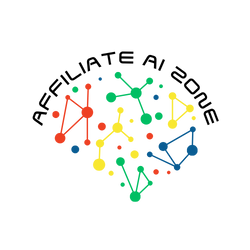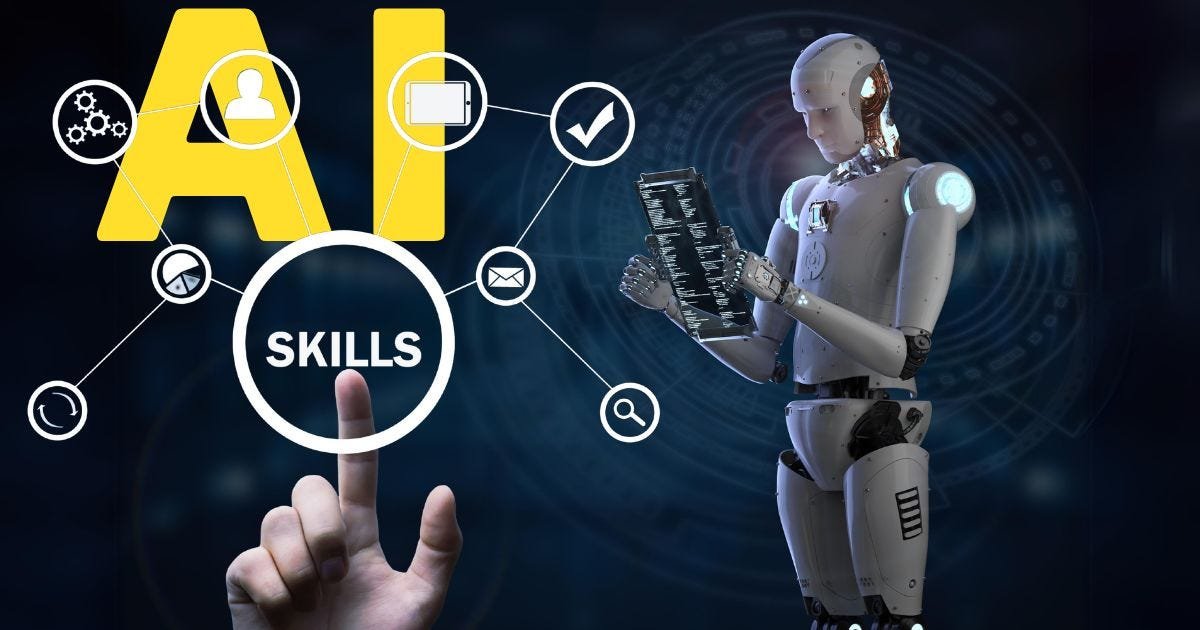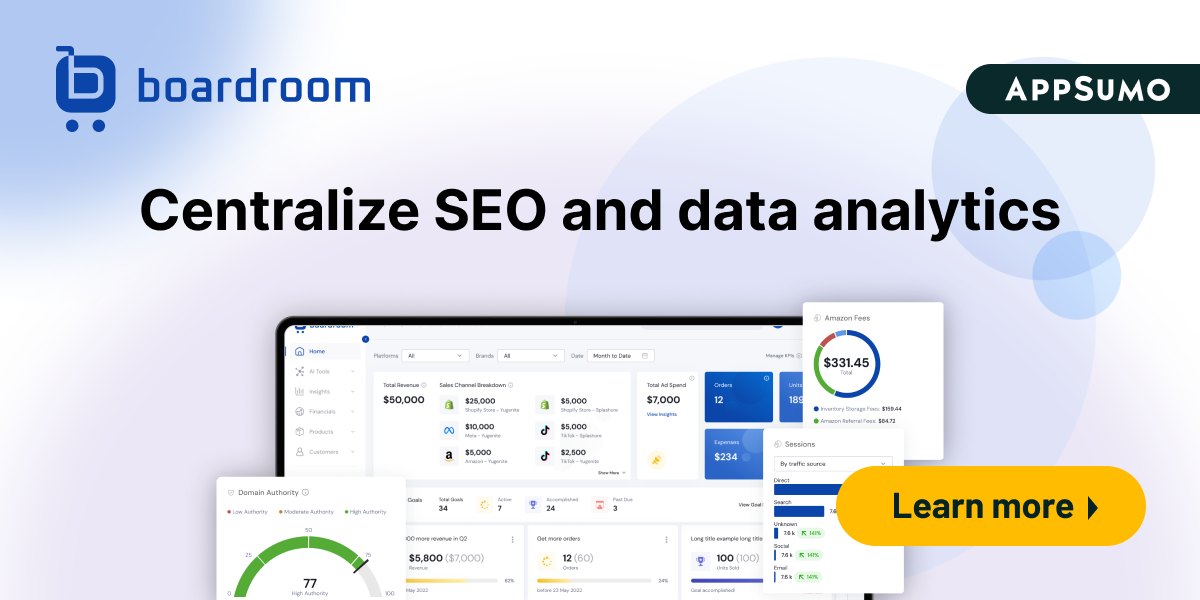Artificial Intelligence (AI) is no longer a futuristic buzzword—it’s the backbone of today’s digital economy. From healthcare and finance to marketing and manufacturing, AI is transforming how industries function. As companies rapidly adopt AI-driven tools, professionals who upskill in this domain will stand out in a competitive job market.
If you want to future-proof your career, here are the top AI skills to learn in 2025 for career growth and long-term success.
1. Machine Learning & Deep Learning
Machine Learning (ML) is the foundation of AI. Employers are actively seeking professionals who can build predictive models, work with algorithms, and handle complex datasets. Deep Learning—powered by neural networks—is especially crucial in applications like image recognition, natural language processing (NLP), and autonomous systems.
Why it matters: Businesses rely on ML to gain insights, improve decision-making, and automate processes.
2. Natural Language Processing (NLP)
With the rise of AI assistants, chatbots, and generative AI models like ChatGPT, NLP has become a must-have skill. It focuses on enabling machines to understand and generate human language.
Key areas to explore: Sentiment analysis, text classification, speech recognition, and conversational AI.
Why it matters: Every company wants better customer experiences, and NLP makes it possible through smart communication systems.
3. Data Science & Analytics
AI thrives on data. Professionals with strong data analysis, visualization, and statistical modeling skills are in high demand. Tools like Python, R, and SQL remain essential, alongside visualization tools such as Tableau and Power BI.
Why it matters: Companies that use data strategically make better decisions and gain a competitive edge.
4. Computer Vision
Computer Vision allows machines to interpret and process visual data, making it indispensable in healthcare (medical imaging), retail (product recognition), and automotive (self-driving cars).
Why it matters: From facial recognition to AR/VR applications, computer vision is driving innovation across industries.
5. AI Ethics & Responsible AI
As AI adoption grows, so does the need for responsible AI practices. Professionals who understand data privacy, algorithmic bias, and regulatory compliance will be highly valued.
Why it matters: Businesses must balance innovation with ethics to build trust and meet legal requirements.
6. Cloud & Edge AI
AI development and deployment are increasingly happening in the cloud, using platforms like AWS, Google Cloud, and Microsoft Azure. Edge AI—processing data on local devices rather than central servers—is also gaining traction in IoT, healthcare, and robotics.
Why it matters: Companies need AI experts who can build scalable, secure, and cost-effective solutions.
7. Prompt Engineering & Generative AI
Generative AI tools (like ChatGPT, MidJourney, and DALL·E) are reshaping how we create content, write code, and design products. Prompt engineering—crafting effective prompts to maximize AI output—is quickly becoming a vital skill.
Why it matters: Professionals who can harness generative AI will be more productive and innovative.
8. AI in Cybersecurity
Cyber threats are evolving, and AI is being used to predict, detect, and respond to attacks in real time. Professionals skilled in AI-driven cybersecurity tools will remain in high demand.
Why it matters: Protecting digital infrastructure is a top priority for every organization.
9. Robotics & Automation
AI-powered robotics is revolutionizing manufacturing, logistics, and healthcare. Knowledge of automation frameworks, reinforcement learning, and robotic process automation (RPA) will give professionals a competitive edge.
Why it matters: Automation saves costs and improves efficiency, making it a top priority for global businesses.
10. Business & AI Strategy
Beyond technical skills, understanding how to align AI with business goals is crucial. Professionals who can bridge the gap between AI teams and decision-makers will thrive.
Why it matters: Companies need leaders who can turn AI investments into measurable business growth.
Final Thoughts
In 2025, AI skills are not optional—they’re essential. Whether you’re a tech professional, business leader, or student, upskilling in AI will secure your place in the workforce of the future. Start with foundational areas like ML, NLP, and data science, then explore advanced skills like prompt engineering, cloud AI, and responsible AI practices.
By mastering these skills, you won’t just stay in the competition—you’ll lead it.






